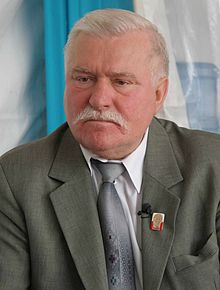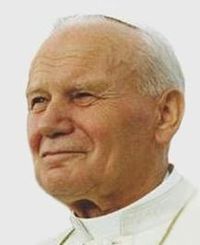
Three Heroes Who Overthrew the Communism in Europe
Mr. Gorbachev, tear down this wall!
Ronald Reagan (1987)
This is how most people in this country see the fall of communism in Europe and the person who made it happened.
Let me tell you another side of this story.
In 1945, after victory over Hitler’s Germany and with the full approval of our allies, Great Britain, France and the United States, the USSR imposed a communist government in Poland. Stalin promised elections, but results were blatantly falsified. Initially, we didn’t know what we were getting into, but soon we were to find out. The state was controlling every aspect of your life. The government provided you with a job, healthcare, education, vacations, but in turn demanded complete obedience. A one party political system was created. All people were equal, but some were more equal than the others. I know because my Mother’s best friend’s husband was a member of the Central Committee of the communist party. The church was banned, but in the reality only went underground. There were spies everywhere and a popular saying was “walls have ears”, so be careful what you say and to whom. The economy was in shambles and there was no incentive to work harder because really it didn’t matter. There was no talk about taxes because money was already taken from the top before salaries were paid. Morale was down and people were leaving the country if and when they could.
It took Poles two generations to change the system. It started with growing discontent among the workers. There were sporadic strikes in work places, occasional skirmishes with police and troops, but there was no leader who could organize all the efforts and articulate the voice of people. I remember after one of our college parties, walking in the middle of the night down the main street in Warsaw Old Town and shouting “Polska czeka na Dubczeka”, which translated to “Poland is waiting on Dubček”. Aleksander Dubček was a Czech leader trying to put a human face on communism. His career ended up with the Soviet invasion in 1968.

We eventually got a capable leader in Lech Wałęsa. He started working in the shipyard in Gdańsk in 1967 and, because of his convictions, willpower and ease in communication with workers, became their spokesman.

Then came 1978, and Karol Wojtyła was elected the Pope. We usually remember where we were when life-changing events happened. I do remember where was I when Stalin died, president Kennedy was assassinated and the 9/11 twin towers fell.
When I found out of the results of the conclave in 1978, I was in a hotel in San Francisco during the American College of Surgeons meeting. We were proud, that a fellow Pole was elected to the highest office in the longest lasting institution in the world. The Soviets knew they were in trouble. The Communist government tried to discredit the Pope by planting the book of memoirs of his alleged lover. They got her drunk and asked to sign “the manuscript”. She refused.
In 1979 Pope visits Poland. Millions turned out to listen to His homilies. Wałęsa was already in contact with the Pope. With covert and open support from the Vatican, the Solidarity union was established in 1980. The Solidarity leadership was invited to meet with the Pontiff. In addition, there was constant communication between the Vatican and Solidarity using church members and priests. Political unrest was growing in Poland. Food prices were raised again, and massive strikes were the answer. The Communist party urged workers to leave Solidarity. In response they turned in their red communist party membership cards. The economy was brought to a standstill.

In January 1981, Ronald Reagan was inaugurated as the 40th President of the United States. In December, the same year, the communist government imposed martial law in Poland and Wałęsa was arrested. Suddenly, the threat of Soviet intervention was real, as happened frequently in the past. At that point, the Pope sent a message to Brezhnev, that in case of invasion, he was going to fly to Poland too. Besides moral support to people in Poland, the Vatican was sending massive shipments of radios, fax machines, printers and other communication equipment through clandestine routes.
The first meeting between Reagan and John Paul ll was held in the Vatican library in 1982. Both leaders were united spiritually and physically by surviving assassination attempts the past year, just a few months apart. Their common goal was to overthrow communism. Reagan did it from outside, the Pope from inside. There was constant cooperation between Washington, the Vatican and Gdańsk, where Wałęsa resided. The second trip to his native country came in 1983 and the next one in 1987. The last one was very memorable for my Mother. That year, the Pope visited our parish, where our parish priest was murdered by security forces. For the visit, she with a few of her friends baked Him cookies and had a chance to meet His Holiness in the church they regularly attended and where I had my first communion.
At that time, total collapse of the hated system was just a matter of time. First Jaruzelski, then Brezhnev and his successor Gorbachev realized it as well. Many communist leaders openly admitted that the catalytic event was the election of John Paul ll as Pope and close cooperation between the Vatican and Washington.
The Communist government fell in Poland in 1989. Hungary was next to follow later on that year. By the end of the year, the Berlin Wall fell. Havel was elected as president of Czechoslovakia. In Romania, Ceausescu ordered the army to fire on the people, but troops intervened on their side and the dictator was arrested. He was tried and executed shortly thereafter. Year-end also saw the dissolution of the government of Bulgaria, which was of all eastern European countries the closest to the USSR. Those two countries have a very close heritage, culture, religion and both use the Cyrillic alphabet.
The first free elections were held in June 1989 in Poland. The other countries were to follow the next year. Except for Romania, in every country change of the system was done peacefully.
There is a Buddhist proverb: “When the student is ready, the teacher will appear”.
I will paraphrase it: “When the time is right, the leader will appear”.
PS. Pope John Paul ll was nominated for the Nobel Peace Prize in 2004. He didn’t get it. The prize was awarded to Wangari Maathai from Kenya for her contribution to sustainable development, democracy and peace.

Leave a Reply